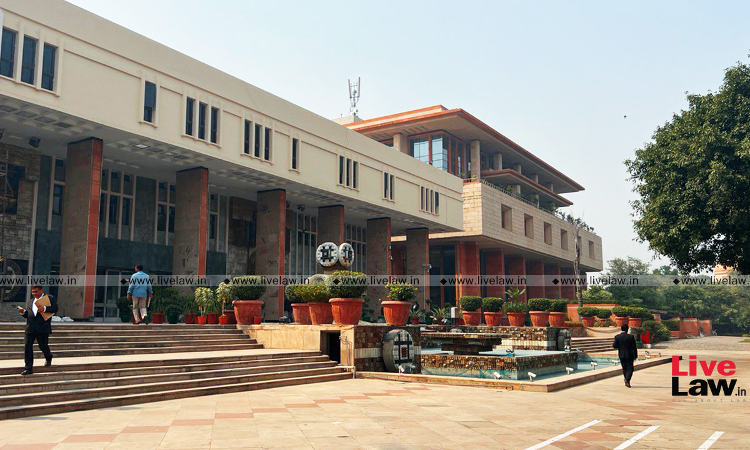The Delhi High Court has said that a widowed or divorced daughter is entitled to the benefit under freedom fighter pension scheme of 1980, noting that the scheme does not contemplate their exclusion.A division bench of Justice Rajiv Shakdher and Justice Talwant Singh observed that a “quick read” of the 1980 Scheme and 2014 Guidelines framed under it would show that an unmarried daughter...

